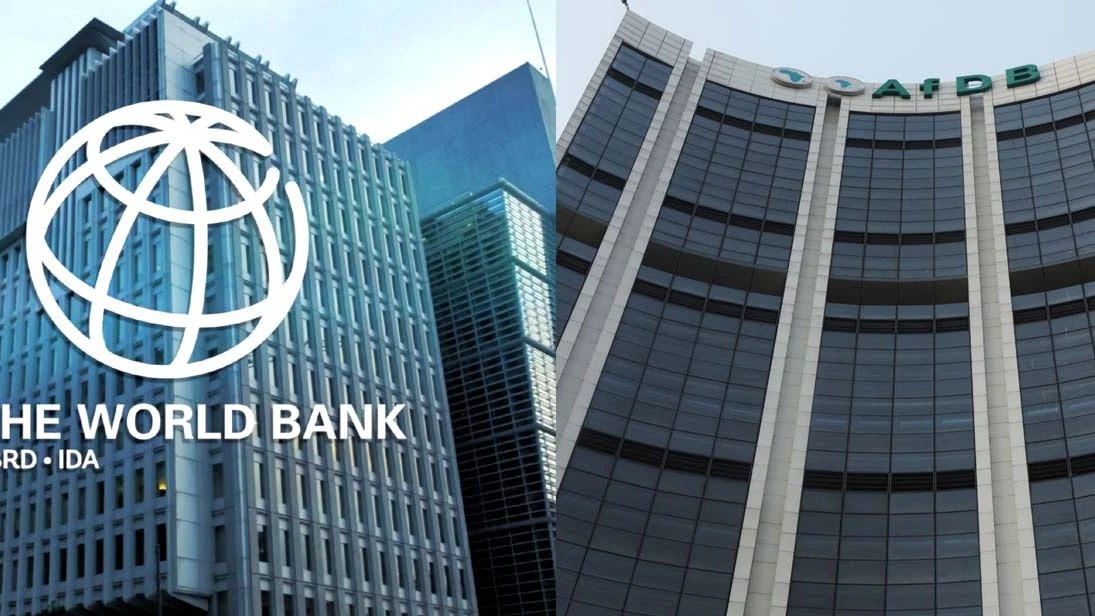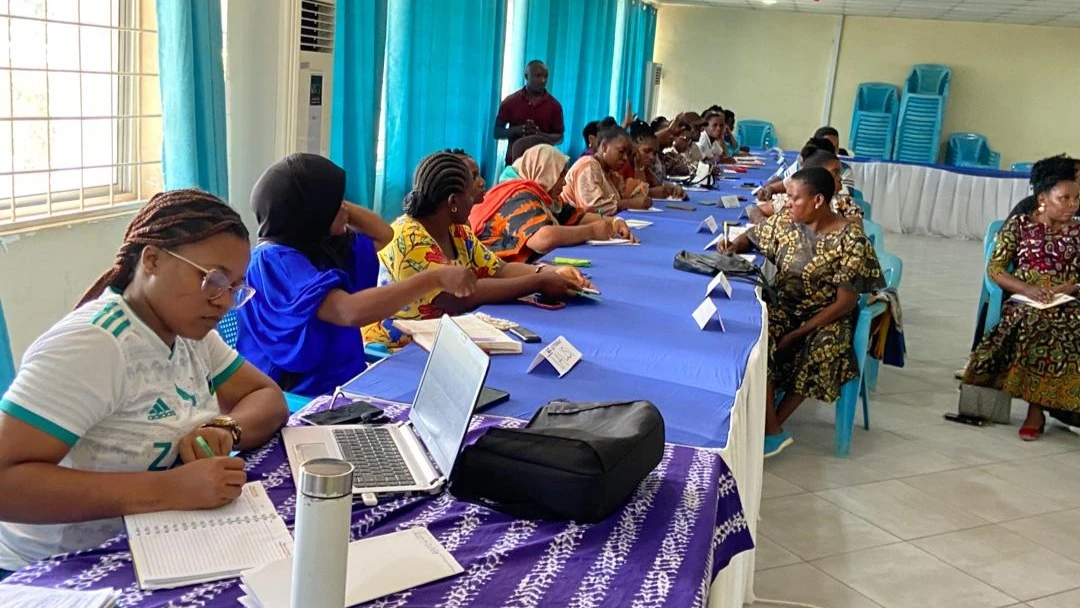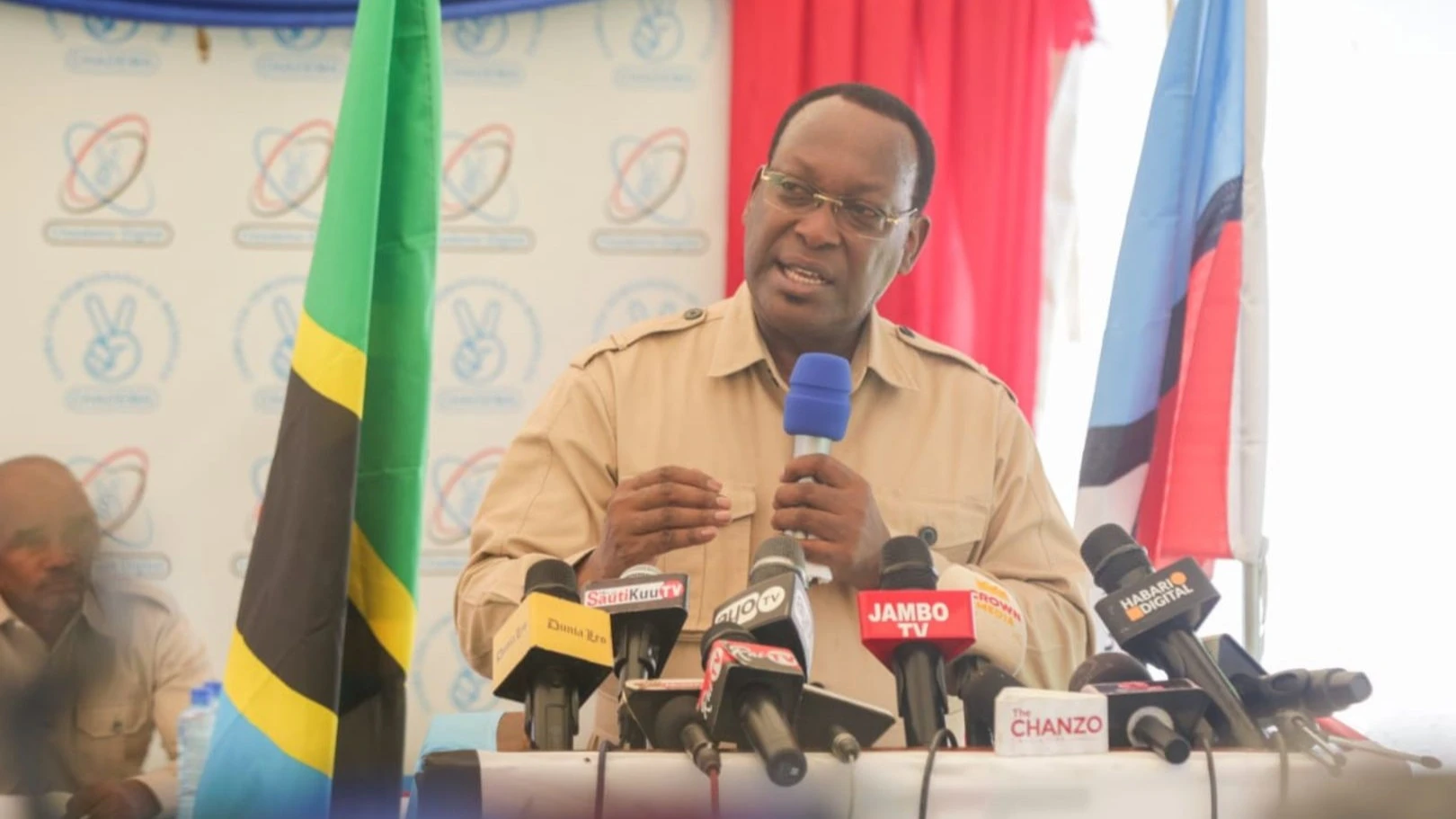World Bank, AfDB form power supply partnership

THE World Bank Group and the African Development Bank Group are creating a new partnership for an ambitious effort to enable at least 300m people in Africa access electricity by 2030.
Ajay Banga, the World Bank Group president, was quoted in a World Bank statement yesterday affirming that electricity access is the bedrock of all development. “It is a critical ingredient for economic growth and essential for job creation at scale. Our aspiration will only be realized with partnership and ambition,” he said, referring to the joint effort with AfDB.
The World Bank Group will work to connect 250m people to electricity with distributed renewable energy systems or grid while the AfDB will support an additional 50m people, the statement noted.
He said that access to electricity is a fundamental human right and is foundational to any successful development effort. Currently, 600m Africans lack access to electricity, creating significant barriers to health care, education, productivity, digital inclusivity, and ultimately job creation, the global lender noted.
“We will need policy action from governments, financing from multilateral development banks, and private sector investment to see this through," it elaborated, underlining that the partnership is a demonstration of the two multilateral institutions “to be bolder, bigger, and better in tackling one of the most pressing challenges in Africa.”
This initiative is the most recent manifestation of the World Bank Group’s commitment to become more impact-oriented and is the by-product of a concerted work plan to build a better bank, the group president affirmed. “It is aided by a constellation of regional energy programmes that will now be aligned toward this common goal,” he specified.
For the World Bank Group to connect 250m people, $30bn of public sector investment will be needed, of which IDA, the World Bank’s concessional arm for low-income countries, will be critical.
“In addition, governments will need to put in place policies to attract private investment, and reform their utilities so they are financially sound and efficient with tariff mechanisms that protect the poor,” the statement intoned.
Connecting 250m people with electricity would open private sector investment opportunities in distributed renewable energy alone, worth $9bn, it said.
Beyond that, there would be substantial opportunities for private investments in grid-connected renewable energy needed to power economies for growth, it added.
Top Headlines
© 2024 IPPMEDIA.COM. ALL RIGHTS RESERVED






















